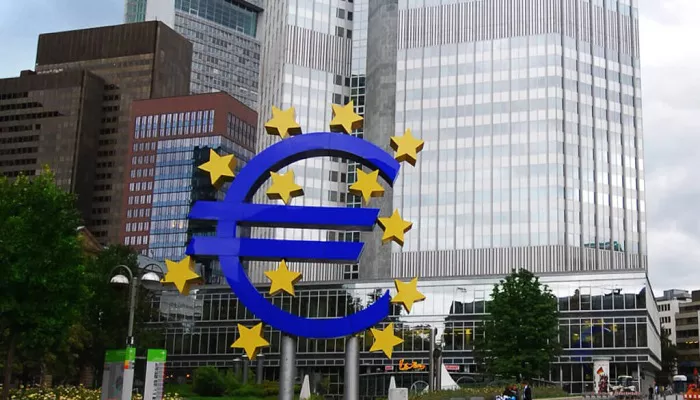The European Central Bank (ECB) has revealed that a significant portion of its portfolios faces risks linked to nature loss, even as its carbon emissions from holdings continue to decline due to greener investments.
An ECB research paper found that 72% of euro area companies are vulnerable to ecosystem degradation. To address this, the ECB introduced a new indicator measuring how much the Eurosystem’s corporate portfolios depend on or impact nature. This indicator shows that about 30% of the Eurosystem’s corporate bond holdings are in sectors highly exposed to nature loss, such as utilities, food, and real estate. The exposure is highest—around 40%—in the ECB’s equity exchange-traded funds.
The ECB said carbon emissions linked to its monetary policy portfolios and foreign reserves are decreasing, with a target to cut emission intensity by 7% annually. Green bonds now account for 28% of its own funds portfolio, up from 20% last year, with plans to reach 32% in 2025.
However, the ECB warned that comparing emissions across issuers remains challenging due to inconsistent data. It called for reliable, harmonized reporting standards to improve investment decisions and risk management.
Experts say the Eurosystem must not only gather better data on climate and nature risks but also act on it. They emphasize the need for stronger regulatory consequences for firms with poor risk management and clearer rules on how these risks affect capital requirements.


